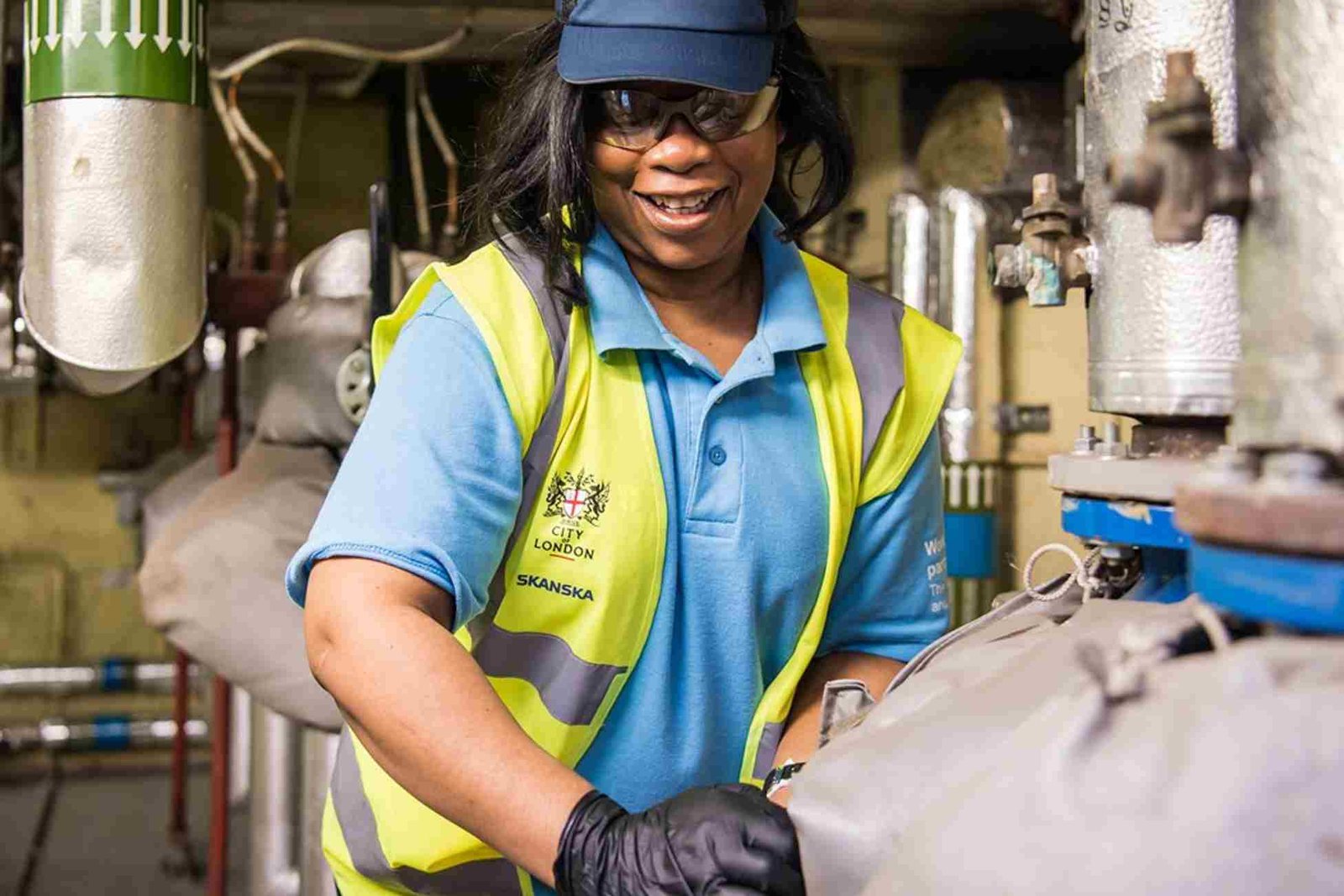London, as one of the world’s most dynamic cities, offers a wide range of job opportunities in various sectors. One field that has been steadily growing in demand is facilities management. As organizations continue to expand, the need for professionals to ensure their spaces are functional, safe, and well-maintained becomes critical. This article delves into the world of Facilities manager jobs in London, offering insights into the role, its significance, required skills, and opportunities for aspiring candidates.
What is Facilities Management?
Facilities management involves overseeing and coordinating the physical workplace, which includes maintenance, security, and day-to-day operations of a facility. Facilities managers are responsible for ensuring that the work environment is conducive to productivity, while also maintaining the infrastructure, ensuring safety protocols are met, and managing any external services required to support the company’s operations.
In the context of a city like London, facilities management is pivotal to the smooth operation of both private and public sectors. From corporate offices and hospitals to schools and large retail outlets, facilities managers are at the helm of ensuring these spaces run efficiently.
The Role of a Facilities Manager in London
Facilities managers are the linchpins of operational efficiency within an organization. In a bustling metropolis like London, they need to be highly adaptive, managing not only the physical space but also environmental impacts, health and safety regulations, and evolving technology systems.
Key Responsibilities of a Facilities Manager
- Managing the building’s maintenance services like heating, ventilation, air conditioning, and plumbing
- Ensuring compliance with safety regulations and environmental standards
- Coordinating cleaning, security, and other outsourced services
- Budget management for facility-related expenses
- Overseeing energy efficiency and sustainability programs
- Ensuring the facility is safe and up to health and safety standards
Skills Required for Facilities Manager Jobs
To excel in Facilities manager jobs in London, professionals need a diverse skill set. The role demands not only technical knowledge but also managerial and communication abilities to collaborate with various teams.
Technical Knowledge
Facilities managers must be well-versed in the technical aspects of building maintenance, HVAC systems, plumbing, electrical work, and general building infrastructure. Understanding the operational needs of the facility is crucial to ensure smooth functioning.
Project Management
Project management skills are essential for overseeing maintenance and renovation projects. Facilities managers need to manage timelines, costs, and resources efficiently to ensure all projects are completed on time and within budget.
Communication Skills
Working with different teams, vendors, and clients requires excellent communication skills. Facilities managers must be able to convey requirements, expectations, and updates clearly to all stakeholders.
Problem-Solving Abilities
No two days are the same in the life of a facilities manager. They need to be quick problem solvers, capable of addressing both immediate issues like breakdowns and long-term concerns such as space optimization.
Budgeting and Financial Skills
Managing operational costs and ensuring that the facility’s running expenses remain within budget is a critical aspect of facilities management. Experience with budgeting tools and financial analysis will be highly beneficial.
Health and Safety Compliance
In London, strict regulations govern workplace safety, environmental standards, and employee well-being. Facilities managers must stay up to date with the latest compliance requirements to ensure the facility meets all necessary legal obligations.
How to Become a Facilities Manager in London
Aspiring facilities managers in London have multiple pathways to this career. Here are some of the common steps taken:

Education and Qualifications
Many facilities managers come from technical or engineering backgrounds. A degree in facilities management, engineering, building services, or business administration is often preferred. For those looking to specialize, there are various certification programs such as the Level 4 and Level 6 diplomas in Facilities Management offered by professional bodies like the British Institute of Facilities Management (BIFM).
Work Experience
Experience in building management, project management, or operational roles is highly beneficial. Many facilities managers transition into this role after gaining experience in areas like maintenance, security management, or property management.
Networking and Professional Bodies
Joining professional organizations such as the Institute of Workplace and Facilities Management (IWFM) can be a great way to network and stay updated with industry trends. These organizations also offer continuing education opportunities to advance in your career.
Stay Updated on Technology
The role of facilities management is increasingly reliant on technology. Familiarity with Building Management Systems (BMS), Computer-Aided Facility Management (CAFM) software, and smart building technologies is essential to remain competitive in the field.
Job Opportunities and Sectors
London’s diverse economy means facilities managers are in demand across various sectors. Below are some industries that regularly offer Facilities manager jobs in London:
Corporate Offices
Large corporations, particularly in finance and technology, require facilities managers to oversee their offices, manage vendor relationships, and ensure a productive work environment.
Retail Sector
With numerous retail outlets across London, from luxury brands to department stores, facilities managers are needed to oversee building maintenance, security, and customer safety.
Healthcare Facilities
Hospitals, clinics, and other healthcare facilities in London demand a high level of operational efficiency. Facilities managers ensure these environments are safe, clean, and well-maintained for staff and patients alike.
Education Institutions
Universities, schools, and colleges have a vast array of facilities requiring constant attention. Facilities managers in this sector ensure that educational buildings are safe and conducive to learning.
Hospitality
Hotels, restaurants, and event spaces in London require facilities managers to keep their properties in prime condition, ensuring a top-notch experience for guests.
Salary Expectations for Facilities Manager Jobs in London
Salaries for facilities managers in London can vary based on experience, qualifications, and the size of the organization. However, the average salary for a facilities manager in London ranges from £35,000 to £55,000 per year. Senior facilities managers or those overseeing larger properties can expect higher salaries, often in excess of £60,000 annually.
Moreover, facilities managers working in high-demand sectors like healthcare or corporate offices may be offered additional benefits such as bonuses, pensions, and professional development opportunities.
The Future of Facilities Management in London
As businesses continue to expand and adapt to new ways of working, the role of facilities managers in London will evolve. Sustainable building practices, smart technologies, and flexible workspaces are becoming increasingly important. Facilities managers who can innovate and integrate these trends into their management strategies will find themselves in high demand.
Furthermore, the rise of remote work and hybrid office models has added new layers of complexity to facilities management. Professionals must now balance the needs of both physical workspaces and virtual office support, making the role even more dynamic.
Facilities manager jobs in London offer a rewarding and dynamic career path for individuals with the right combination of technical knowledge, management skills, and adaptability. Whether you’re starting out in the field or looking to advance, London provides numerous opportunities in diverse sectors such as corporate offices, healthcare, education, and retail.
Aspiring facilities managers can find success by pursuing relevant qualifications, gaining experience, and staying updated on technological advancements in the field. With London’s continuous growth and development, the demand for skilled facilities managers will remain strong for years to come.










